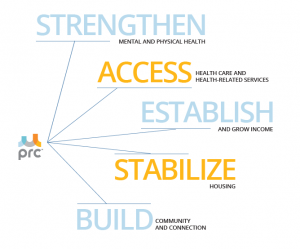Dear Friends,
I know this is such a challenging time for all of us. On behalf of PRC, I want to extend my heartfelt appreciation to all of you for stepping forward to support our community, particularly those most vulnerable – your support and engagement is a wonderful demonstration of our collective humanity.
PRC remains steadfast in our mission to stabilize and champion the 5,700 vulnerable people we serve, adults of all ages who face mental and physical health challenges in the best of times, alongside economic and housing instability. In today’s swiftly changing landscape, we’re focused on sustaining the health and safety of our community, our clients, and the incredible and dedicated staff responding to their evolving needs.

I want to assure you that during this COVID-19 (novel coronavirus) public health emergency, we continue housing and providing “essential” services to our clients every day. Inside our substance use and mental health residential treatment homes, supported living environments, and Hummingbird homeless navigation programs, Residential Services are all operating under heightened safety protocols.
Other “essential services,” Emergency Financial Assistance and Co-op Supported Living, have LIMITED in-person accessibility at our Integrated Service Center (170 9th Street) and REMOTE accessibility during all regular business hours.
PRC’s “non-essential,” as defined by the San Francisco Department of Public Health, wrap-around services, are operating in limited capacities during the COVID-19 Shelter-In-Place Order. Legal Advocacy, Workforce Development, and Housing Planning Program are providing services and information to clients about options, safety protocols, and community resources REMOTELY.
We can be reached at 415-777-0333 and [email protected] with questions about appointments and accessibility. Read more [link to FAQ, coming soon] about specific program hours and access protocols.
From day one of the COVID-19 (novel coronavirus) response, PRC has been working hand in hand with local, state, and federal public health leaders to develop and support response protocols. PRC also is a key partner in the City’s activation of resources to prevent and contain community transmissions, and we are staying abreast of the CDC and San Francisco Department of Public Heath’s contact guidelines.
Nearly every person we serve is considered “vulnerable” in this Public Health Emergency. That vulnerability is only heightened by Shelter-In-Place orders changing access to needed social and health services across public and private sectors and COVID-19 necessitated disruptions in economic activity. So, thank you for your continued engagement and support.
We’re working hard with and on behalf of clients to retain and secure the income and jobs they need, to stay safely housed, to protect themselves from COVID-19, and to have access to food and essential prescription medications. We will continue to keep you and our website updated as more information becomes available.
Together, we will do what it takes to strengthen our safety net and continue moving lives forward in the days, weeks, and decades to come.
In Community,

Brett Andrews
Chief Executive Officer
P.S. If you missed the news earlier this week we’re pleased to inform you the City of San Francisco and PRC are moving ahead to open a 30-bed community-based “Hummingbird-model” navigation center focused on getting chronically homeless individuals with mental health and substance use disorders off the streets, into healthier conditions, and on their way to longer-term care.

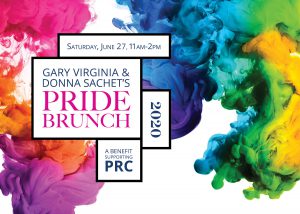
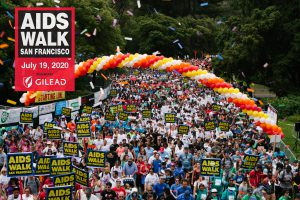
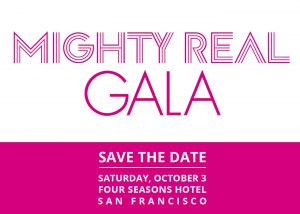 Please save the date for PRC’s annual celebration of hope, resilience, and pride. The event returns to the elegant Four Seasons Hotel on Saturday, October 3, 2020. Join us for an unforgettable evening of incredible cuisine, wine, entertainment, and dancing! All proceeds go to support PRC’s lifesaving, integrated social, legal, and health services to help the City’s most vulnerable populations. More information to come soon.
Please save the date for PRC’s annual celebration of hope, resilience, and pride. The event returns to the elegant Four Seasons Hotel on Saturday, October 3, 2020. Join us for an unforgettable evening of incredible cuisine, wine, entertainment, and dancing! All proceeds go to support PRC’s lifesaving, integrated social, legal, and health services to help the City’s most vulnerable populations. More information to come soon.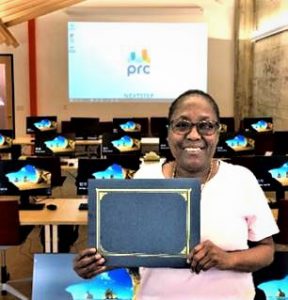
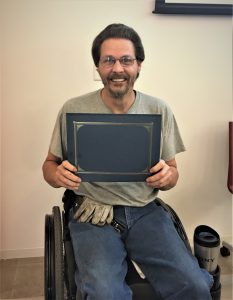
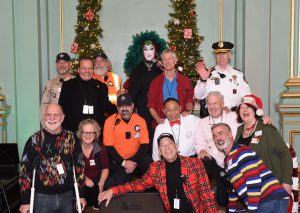

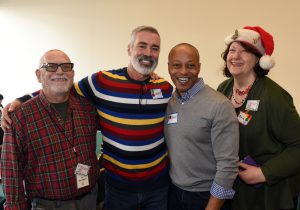
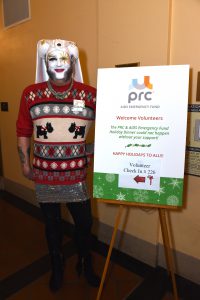

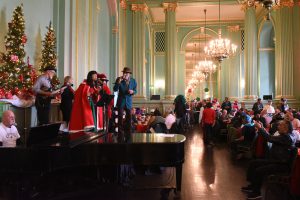


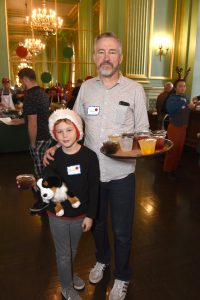
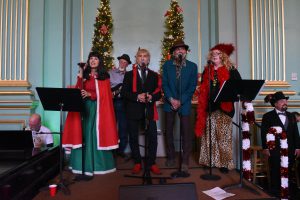

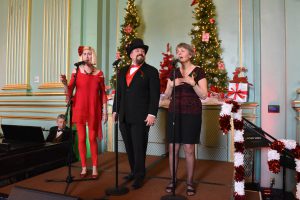
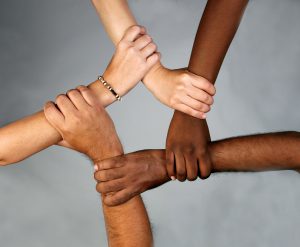
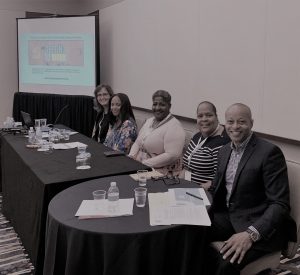 readiness, counseling, and placement programming in 2018.
readiness, counseling, and placement programming in 2018.